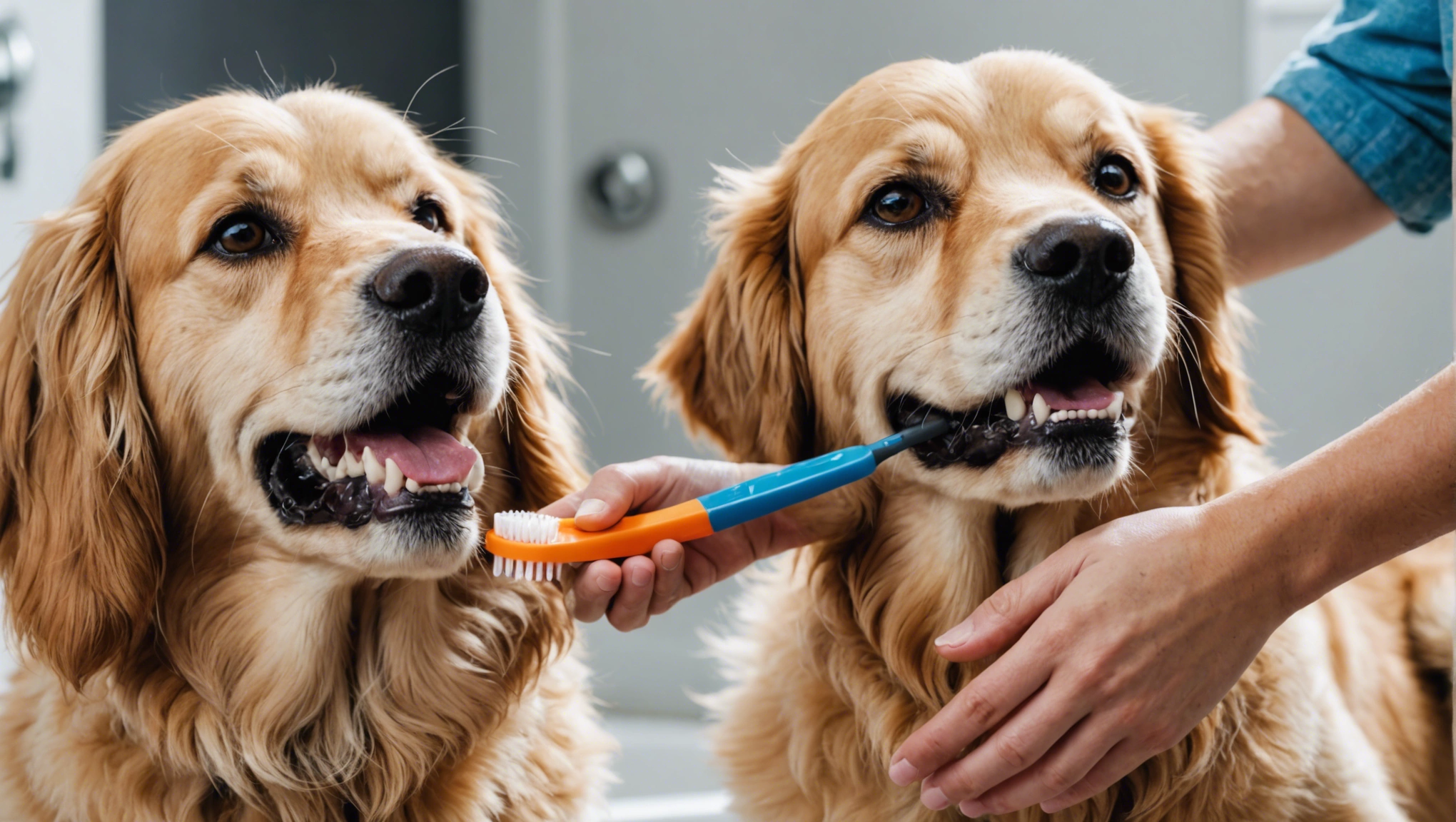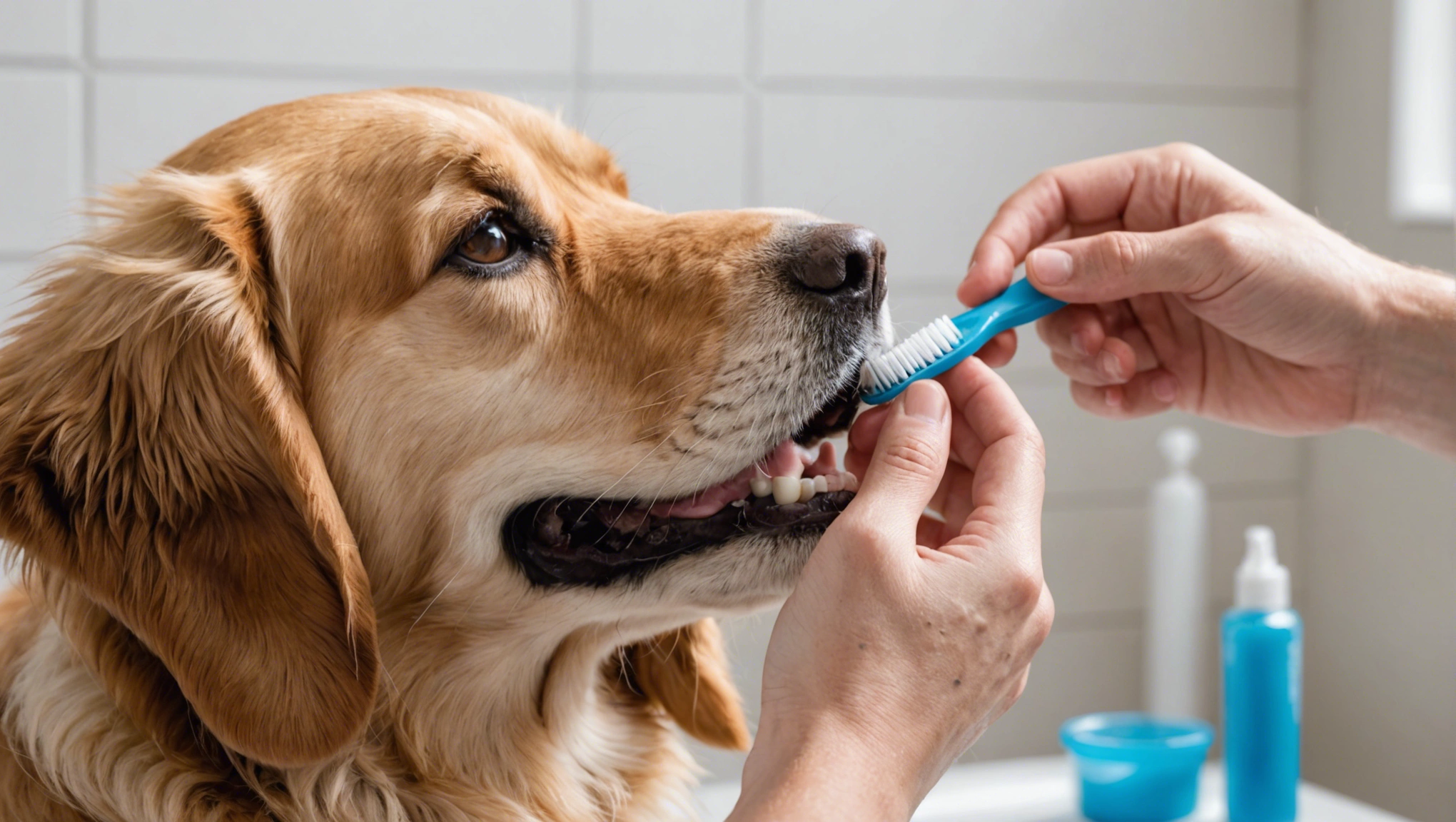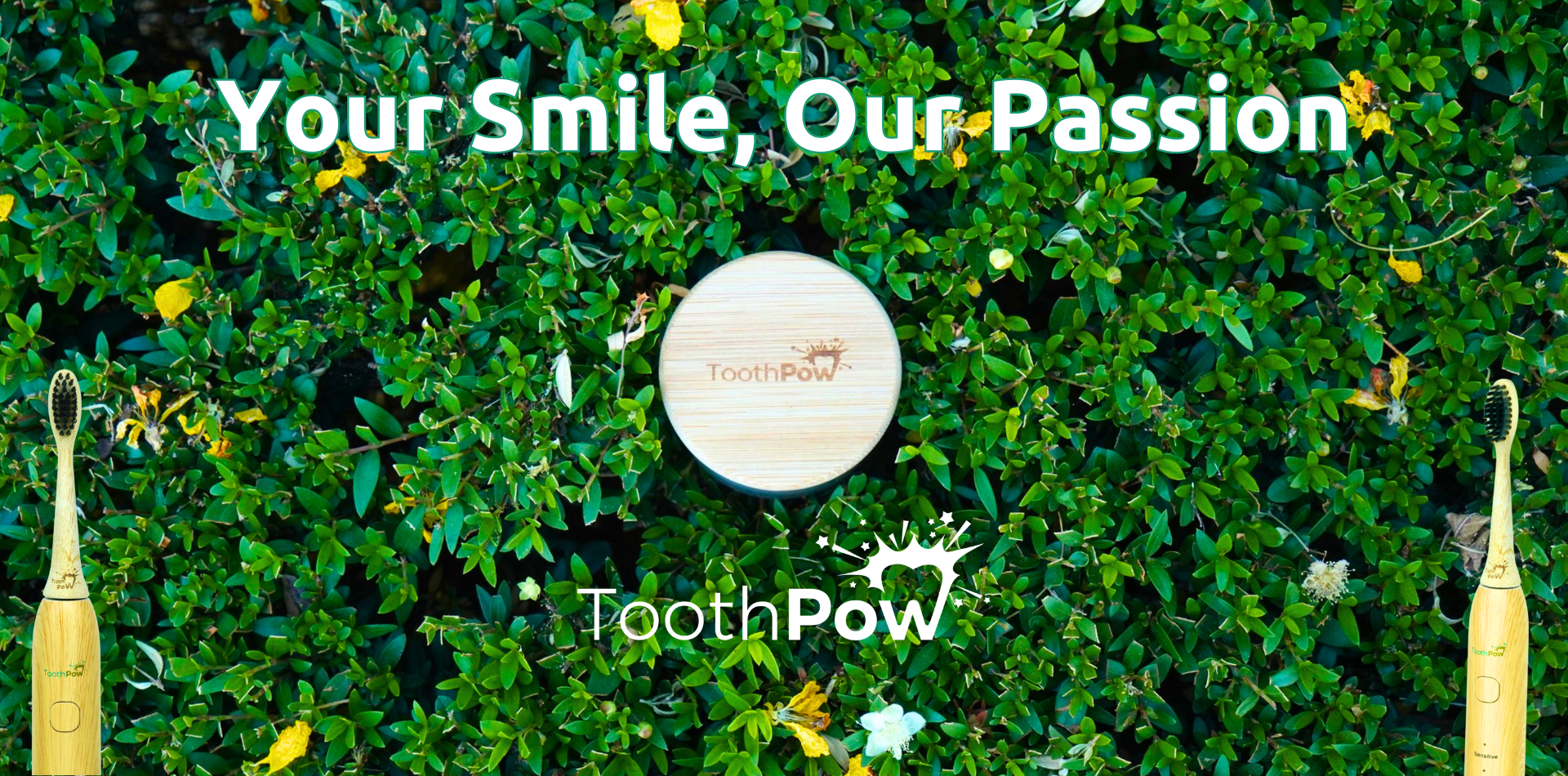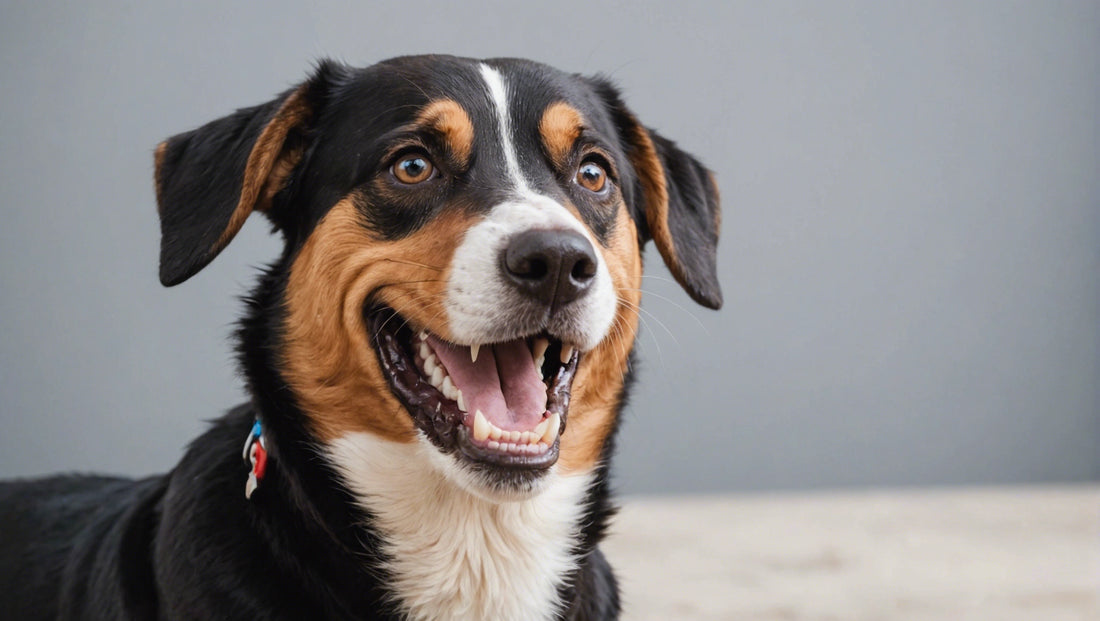Introduction
Dental health is a critical aspect of your dog's overall well-being that is often overlooked. Many pet owners underestimate the importance of regular teeth cleaning for their dogs, believing that it is an unnecessary luxury. However, proper dental care is essential for preventing a variety of health issues and ensuring a long, healthy life for your furry friend. This article aims to shed light on why regular teeth cleaning is essential for your dog’s health and how you can effectively maintain their dental hygiene.
The Impact of Dental Health on Overall Health
Your dog's oral health is closely linked to their overall health. Just like in humans, poor dental hygiene can lead to serious health issues in dogs. Dental diseases, if left untreated, can cause pain, discomfort, and lead to more severe conditions such as heart disease, kidney disease, and liver problems. According to the American Veterinary Dental College, by the age of three, most dogs show signs of periodontal disease, which can have far-reaching effects on their health AVDC.
Signs of Dental Problems in Dogs
It's essential to recognize the signs of dental problems in your dog early on to prevent more severe health issues. Common signs include:
Bad breath: Persistent bad breath is often a sign of dental disease.
Discolored teeth or visible tartar: Yellow or brown buildup on your dog’s teeth indicates plaque and tartar accumulation.
Difficulty eating or chewing: If your dog shows reluctance to eat or chew, it may be due to dental pain.
Pawing at the mouth: This behavior can indicate discomfort or pain in the mouth.
Swollen or bleeding gums: Red, swollen, or bleeding gums are signs of gum disease and should be addressed promptly.

Benefits of Regular Teeth Cleaning
Regular teeth cleaning offers numerous benefits for your dog's health and well-being:
Prevention of Plaque and Tartar Buildup
Brushing your dog's teeth regularly helps remove plaque before it hardens into tartar, which is more challenging to remove and can lead to periodontal disease.
Reduction of the Risk of Gum Disease and Tooth Decay
Routine dental care helps prevent gum disease and tooth decay, which can cause significant pain and lead to tooth loss.
Improvement of Breath Quality
Regular brushing and dental care can significantly improve your dog’s breath, making those close moments more pleasant.
Prevention of Pain and Discomfort
By maintaining good dental hygiene, you can prevent the pain and discomfort associated with dental diseases, ensuring your dog remains happy and healthy.
Enhancement of Your Dog's Quality of Life
A healthy mouth contributes to your dog's overall quality of life, allowing them to eat comfortably and avoid the systemic health issues associated with dental disease.
Methods for Cleaning Your Dog’s Teeth
Professional Dental Cleanings by a Veterinarian
Professional dental cleanings are a critical component of your dog’s dental care routine. These cleanings should be performed by a veterinarian and typically involve:
Thorough examination: The vet will check for signs of dental disease and other oral issues.
Cleaning and polishing: The vet will remove plaque and tartar buildup and polish the teeth to prevent future accumulation.
X-rays: These may be taken to assess the health of the teeth and jawbone below the gumline.
Frequency: Most dogs benefit from professional cleanings at least once a year, though some may need more frequent cleanings based on their dental health.
At-Home Teeth Cleaning Techniques
While professional cleanings are essential, maintaining your dog's dental health between visits is equally important. Here are some effective at-home methods:
Brushing with Dog-Specific Toothpaste
Using a toothbrush and toothpaste specifically designed for dogs is the most effective way to clean your dog’s teeth. Human toothpaste should never be used, as it contains ingredients that can be harmful to dogs.
Dental Chews and Treats
Dental chews and treats can help reduce plaque and tartar buildup. These products are designed to clean your dog’s teeth as they chew, promoting dental health in a fun and engaging way.
Water Additives and Oral Sprays
Adding dental water additives to your dog's drinking water can help reduce plaque and freshen breath. Oral sprays can also be used to promote dental health by killing bacteria and reducing plaque.
Natural Options Like Raw Bones
Offering raw bones can be a natural way to help clean your dog’s teeth. However, it’s essential to use caution and supervision, as bones can pose a choking hazard or cause dental fractures.

Tips for Successful At-Home Teeth Cleaning
Getting Your Dog Accustomed to Teeth Cleaning
Introduce teeth cleaning gradually to get your dog accustomed to the process. Start by gently touching their mouth and teeth, then progress to using a toothbrush and toothpaste.
Making the Process Positive and Stress-Free
Make teeth cleaning a positive experience by offering praise and rewards. Be patient and gentle, ensuring your dog feels comfortable and relaxed.
Step-by-Step Guide to Brushing Your Dog’s Teeth
Prepare: Gather your dog-specific toothbrush and toothpaste.
Position: Position your dog comfortably, either sitting or standing.
Lift the Lip: Gently lift your dog’s lip to expose their teeth.
Brush: Using small, circular motions, brush the teeth and gumline.
Reward: Offer praise and a treat after brushing to reinforce the positive experience.
Choosing the Right Products for Your Dog's Dental Care
Select products specifically designed for canine dental care. Look for veterinary-recommended toothpaste, toothbrushes, and dental chews to ensure safety and effectiveness.
Common Challenges and How to Overcome Them
Resistance from Your Dog
If your dog resists teeth cleaning, try to make the experience positive by offering treats and praise. Gradually increase the time spent brushing to build tolerance.
Finding Time for Regular Dental Care
Incorporate dental care into your daily routine. Even a few minutes a day can make a significant difference in your dog’s dental health.
Addressing Dental Issues in Older Dogs
Older dogs may have existing dental problems that require special care. Consult with your veterinarian to develop a dental care plan tailored to your senior dog’s needs.
The Role of Diet in Dental Health
Foods That Promote Dental Health
Feeding your dog a balanced, high-quality diet can promote dental health. Look for foods formulated to reduce plaque and tartar buildup.
Foods and Treats to Avoid
Avoid feeding your dog sugary or sticky treats that can contribute to plaque buildup and dental decay.
The Benefits of a Balanced, High-Quality Diet for Oral Health
A balanced diet provides essential nutrients that support overall health, including strong teeth and gums. Consult with your veterinarian to select the best diet for your dog.
Myths and Facts About Dog Dental Care
Debunking Common Myths
-
Myth: Dry food cleans teeth.
Fact: While some dry foods can help reduce plaque, they are not a substitute for regular brushing and professional cleanings.
-
Myth: Dogs don’t need dental care.
Fact: Dogs, like humans, require regular dental care to prevent disease and maintain overall health.
Providing Factual Information to Support Dental Care Practices
Educate yourself on the importance of dental care for dogs and follow veterinary-recommended practices to ensure your pet’s health and well-being.
Conclusion
Regular teeth cleaning is essential for your dog’s health. By preventing plaque and tartar buildup, reducing the risk of gum disease, and ensuring overall well-being, proper dental care can significantly enhance your dog's quality of life. Make dental care a priority, incorporating both professional cleanings and effective at-home techniques. Your furry friend will thank you with a healthy smile and a wagging tail.
Call to Action
Schedule a veterinary dental check-up for your dog today and start a regular at-home dental care routine. Share your experiences and tips in the comments below to help other pet owners maintain their dogs’ dental health.
References and Further Reading
American Dental Association (ADA) Recommendation
By following these guidelines and maintaining a consistent dental care routine, you can help ensure your dog enjoys a lifetime of good health and happiness.


